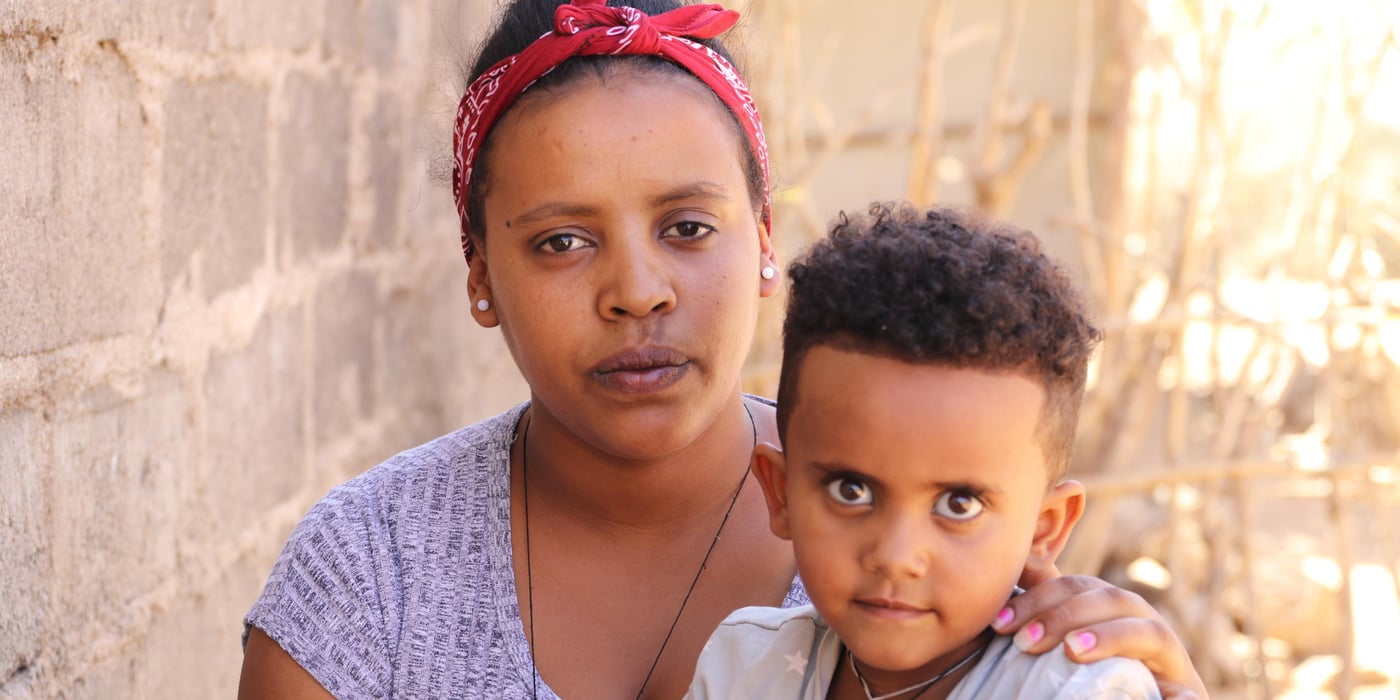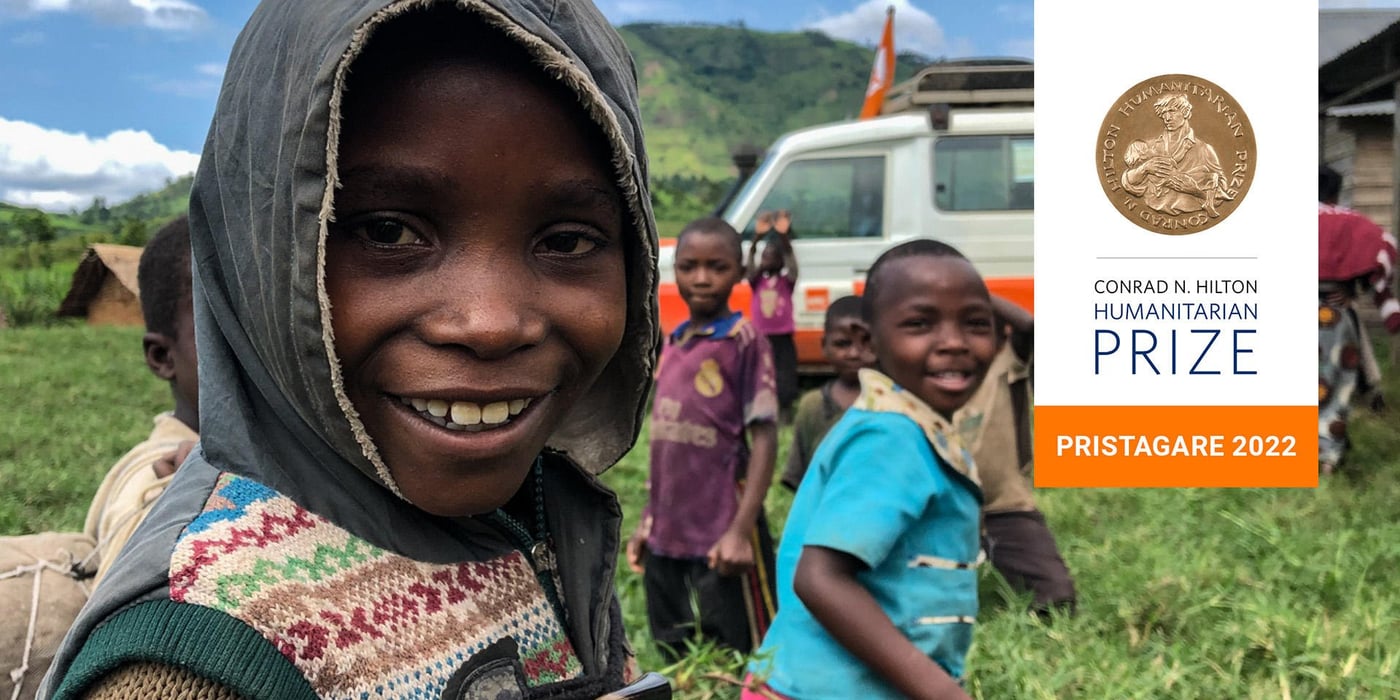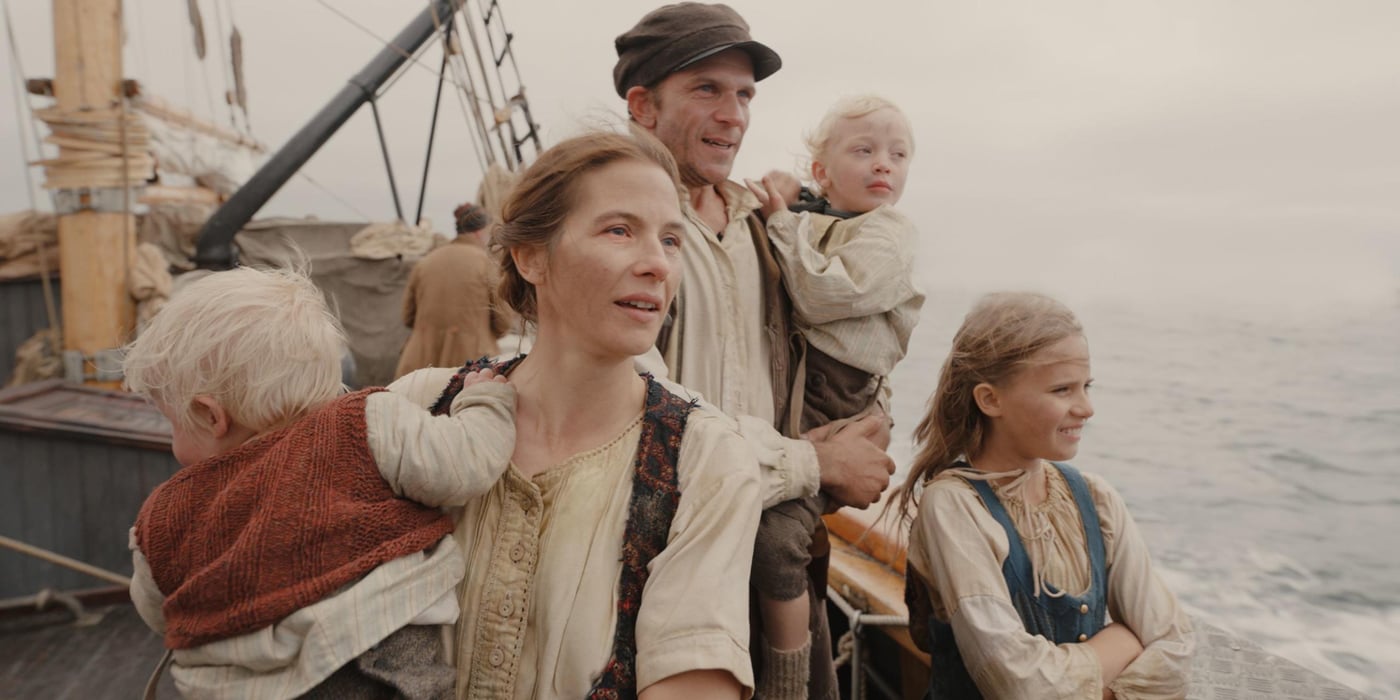
Brist på politisk vilja
Ofta handlar det om bristande politisk vilja. Länderna på listan anses inte som strategiskt och ekonomiskt viktiga, och därför finns det inget internationellt intresse för att bidra till en lösning på konflikten.
– Så är fallet med Centralafrikanska republiken, nummer tre på förra årets lista, säger Tiril Skarstein. Hon är teamledare i NRC och har varit med om att ta fram årets lista över de tysta kriserna.
I andra konflikter är fallet det motsatta. Där finns det många aktörer med motstridiga politiska intressen, men ingen visar viljan att kompromissa. Ett par exempel är Jemen och Palestina, som båda var på förra årets lista, och där de politiska intressena sätts framför civilbefolkningens bästa.
Kriserna mäts utifrån tre kriterier, innan de hamnar på listan. En bristande politisk vilja att arbeta för en lösning på kriserna är ett av dem. De andra två är brist på medieuppmärksamhet och brist på finansiering för humanitär hjälp.
Brist på uppmärksamhet från media
Och varför väljer media att fokusera på vissa kriser framför andra?
– Närhet är ett nyckelord. Ju närmare oss en kris utspelar sig, desto mer uppmärksamhet ger vi den. Då är det också lättare för oss att identifiera oss med de som är drabbade. Närhet och identifiering är två viktiga nyhetskriterier, säger Skarstein.
Ett exempel är den så kallade flyktingkrisen under 2015, då ett stort antal flyktingar kom till Europa. Det skapade ett stort medieintresse kring de länder som människor flydde från, till exempel Syrien. När vi känner någon som har flytt från en kris, är det mer troligt att vi bryr oss.
En annan anledning är att det är extremt svårt för journalister att arbeta i några av länderna på listan. Det gör också att en kris får mindre uppmärksamhet.
Brist på finansiering
Kriser som får liten internationell uppmärksamhet och lite uppmärksamhet i media, får ofta heller inte det ekonomiska stödet som behövs för att möta nödhjälpsbehoven.
Omfattningen av medias bevakning av en kris är ofta en dålig indikator, när vi ska bedöma vilka områden som har störst behov av hjälp.
– Nödhjälp måste ges utifrån behov, men det är tyvärr lättare att få stöd till kriser som får mycket uppmärksamhet från politiker och media.
Stora behov
Behoven av nödhjälp är stora i alla länder på årets lista, som lanseras den 5 juni. Flera av de tio är afrikanska länder.
– Det verkar vara en tendens att kriser på den afrikanska kontinenten får mindre uppmärksamhet. Många av de drabbade kommer aldrig att få möjlighet att fly hela vägen till Europa eller USA, och de allra flesta uppehåller sig i sitt eget land eller flyr till relativt fattiga grannländer. ”Om de inte syns, så finns de inte” är tyvärr något som drabbar människorna i de här kriserna, säger Skarstein.
Glöm inte kriserna
Det viktigaste för de här länderna i nuläget är att införa politiska lösningar. Det är bara så man kan få slut på lidandet.
Det finns också ett behov av akut humanitär hjälp. För att ha en chans att skapa politiska lösningar, måste man först möta de mest akuta behoven av hjälp. Hungriga magar, brist på arbete och svårigheter att försörja familjen är inte en bra utgångspunkt för stabilitet.
– Vi gör den här listan för att påminna oss själva och andra att vissa kriser behöver ökad uppmärksamhet. Det är så vi kan skapa en förändring. Vi måste se till att vi pratar mer om kriserna, att vi arbetar för att de människor som drabbats blir hörda och att vi arbetar för att nödhjälp ska baseras på behov, och inte bara där det är enklast att få pengar.



